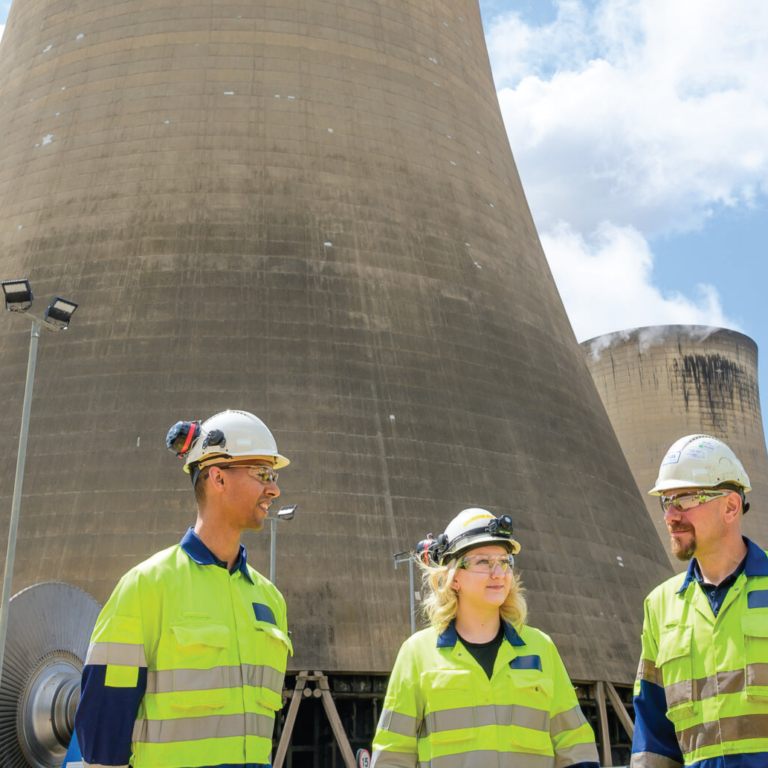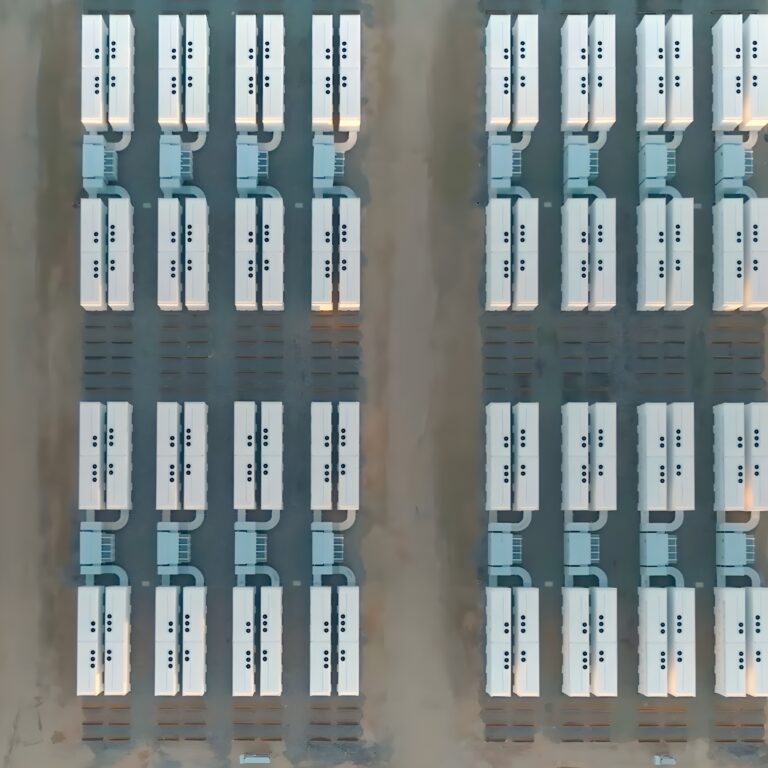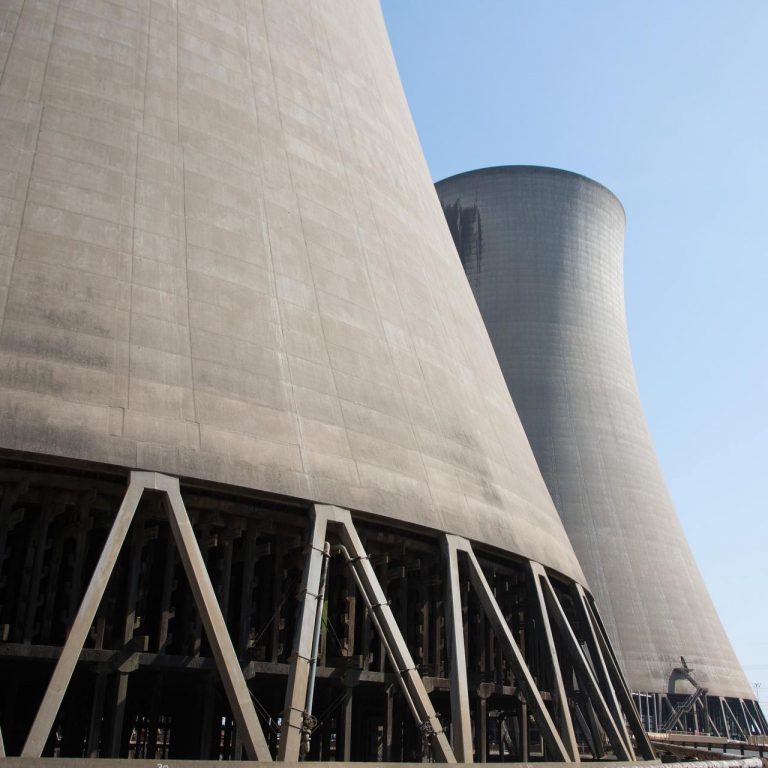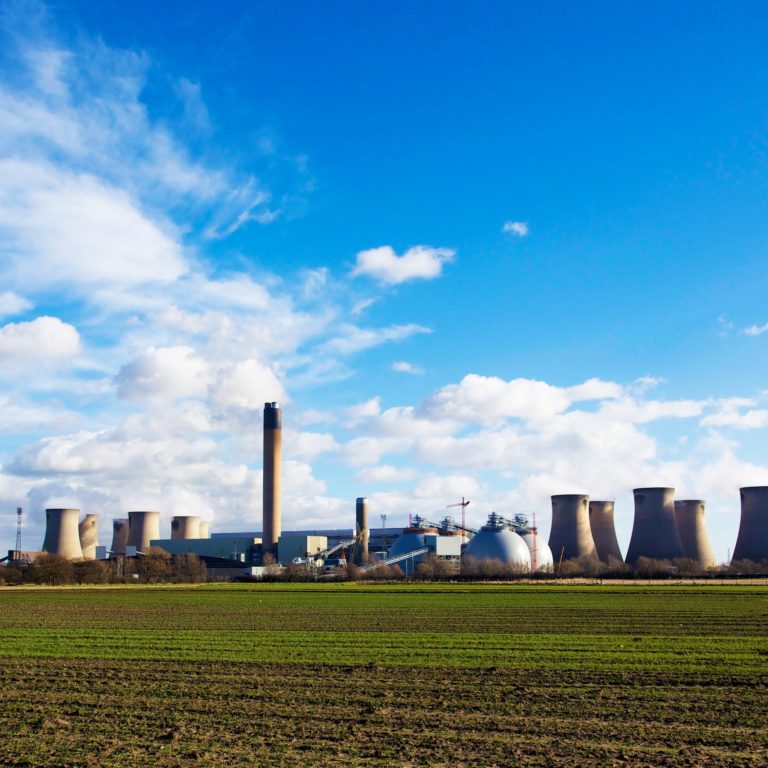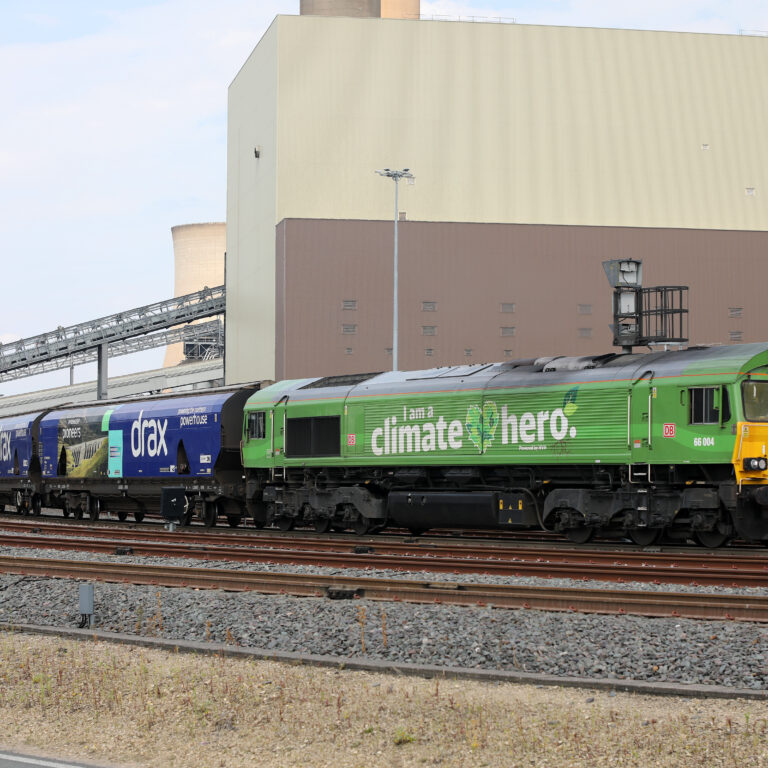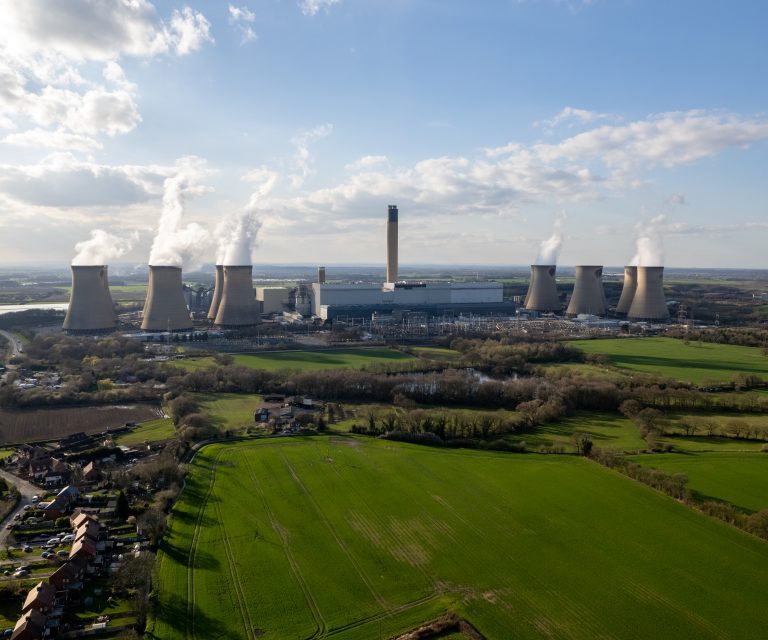- New research shows that cluster development could be worth hundreds of thousands of jobs and tens of billions of pounds in GVA to the UK’s economy by 2050.
- With over 80% of the UK’s licensed storage in the North Sea, the majority of these economic benefits could go to the North of England and create an additional 330,000 jobs.
- If the UK fails to deliver on its CCS rollout 136,000 jobs could be at risk.
A new independent research report, UK Cluster potential – how the UK can lead the world in Carbon Capture and Storage, by Development Economics, finds that if the UK Government accelerates and expands the development of Carbon Capture and Storage (CCS) Clusters across the country it could generate an extra £32bn of gross value added (GVA) for the economy from 2050 onward and nearly 500,000 additional jobs.
The research, commissioned by Drax Group, demonstrates that in the most optimistic scenario the UK Government could enhance our energy security, turbo-charge economic growth across the country and cement the UK’s position as a world-leader in carbon capture and removals technology.
It states that this scenario could be delivered through policy changes which can unlock investment and clarify how CCS Clusters are developed. These include:
- Finalising CCS business and financial models;
- Confirming the role of the UK ETS scheme and voluntary carbon markets in supporting investment in CCS;
- Providing a near-term incentive for prospective storage operators to appraise storage locations building on recent North Sea Transition Authority licencing rounds.
The North of England would be the region to benefit most with £22bn added to the economy per year from 2050 onward and 330,000 additional jobs.
The report also explores the economic impacts of two additional scenarios, one where the UK delivers on current CCS policy commitments and another where it does not.
If the UK does fulfil its ambitions, it will be worth an additional £23bn per year from 2050 and an additional 310,000 jobs.
Richard Gwilliam, UK BECCS Programme Director at Drax Group, said:
“Carbon capture and removals can be a catalyst for growth, stronger energy security, increasing employment and reaching Net Zero in the UK. This research demonstrates that if the UK puts its foot on the accelerator and expands the rollout of CCS Clusters across the country, a unique prize worth tens of billions of pounds to the economy and hundreds of thousands of jobs is within reach.
“At Drax, we want to play our part in ensuring the UK becomes a global leader in CCS and that is why we are working towards installing two bioenergy with carbon capture and storage (BECCS) units at Drax Power Station. This would see us become a key part of a Humber-based carbon capture cluster and we are currently working on routes to deployment through the Track 1 Expansion and Track 2 processes.”
Steve Lucas, Director at Development Economics, said:
“This research demonstrates the significant opportunity for the UK to be a global leader in carbon capture and storage and the importance of CCS for key industries which provides jobs, growth and opportunity across the UK. With ambition, clarity, and the necessary support from Government – following the key suggestions outlined in the report’s roadmap – there is a significant prize to be won for the UK economy and environment”.
However, in its recent progress report the Climate Change Committee warned that the rollout of CCS is already behind schedule and Development Economics’ research shows that if this trend continues and the UK fails to deliver on its CCS policy commitments, the economic effects could be severe.
This includes the loss of 136,000 jobs and £9bn GVA per year from 2050 from heavy-emitting companies, which will have no other route to decarbonise and therefore could move their operations abroad to countries with better resourced and more CCS clusters.
The report argues that the combination of additional support delivered in the most optimistic scenario, the country’s past hydrocarbon expertise and £15bn from the investment community for the energy transition, would put the UK on the map as a world-leader in CCS.
It also demonstrates that the Humber, with existing plans to become the world’s first carbon negative region and 80% of the UK’s licensed CO2 storage, could become a global model for regional cluster development. The research shows that with increased ambition the Humber could benefit from an additional 42,000 jobs and £3.4bn GVA per year by 2050.
Drax plans plan to invest billions in its BECCS plans at North Yorkshire’s Drax Power Station to develop two units which could remove 8Mt of carbon from the atmosphere per year while continuing to provide renewable baseload power to the UK grid.
This will ensure the station continues to generate secure renewable electricity into the future while delivering up to 10,000 high-skilled jobs in the Humber at the project’s peak and playing a critical role in delivering carbon removals so the UK can meet its binding engineered greenhouse gas removal target.
Drax is currently exploring the roles the Track-1 Expansion and Track-2 CCS cluster sequencing can play in supporting the transition to BECCS at the Selby site. Power-BECCS remains eligible to participate in either process.
ENDS
Notes to Editors:
About research:
The link to the report can be found here.
Media contacts:
Andy Low
Media Manager
E: [email protected]
T: 07841 068 415
About Drax:
Drax Group’s purpose is to enable a zero carbon, lower cost energy future and in 2019 announced a world-leading ambition to be carbon negative by 2030, using bioenergy with carbon capture and storage (BECCS) technology.
Drax’s around 3,000 employees operate across three principal areas of activity – electricity generation, electricity sales to business customers and compressed wood pellet production and supply to third parties. For more information visit www.drax.com
Power generation:
Drax owns and operates a portfolio of renewable electricity generation assets in England and Scotland. The assets include the UK’s largest power station, based at Selby, North Yorkshire, which supplies five percent of the country’s electricity needs.
Having converted Drax Power Station to use sustainable biomass instead of coal it has become the UK’s biggest renewable power generator and the largest decarbonisation project in Europe. It is also where Drax is piloting the groundbreaking negative emissions technology BECCS within its CCUS (Carbon Capture Utilisation and Storage) Incubation Area.
Its pumped storage, hydro and energy from waste assets in Scotland include Cruachan Power Station – a flexible pumped storage facility within the hollowed-out mountain Ben Cruachan.
The Group also aims to build on its BECCS innovation at Drax Power Station with a target to deliver 4 million tonnes of negative CO2 emissions each year from new-build BECCS outside of the UK by 2030 and is currently developing models for North American and European markets.
Pellet production and supply:
The Group has 18 operational pellet plants and developments with nameplate production capacity of around 5 million tonnes a year.
Drax is targeting 8 million tonnes of production capacity by 2030, which will require the development of over 3 million tonnes of new biomass pellet production capacity. The pellets are produced using materials sourced from sustainably managed working forests and are supplied to third party customers in Europe and Asia for the generation of renewable power.
Drax’s pellet plants supply biomass used at its own power station in North Yorkshire, England to generate flexible, renewable power for the UK’s homes and businesses, and also to customers in Europe and Asia.
Customers:
Drax supplies renewable electricity to UK businesses, offering a range of energy-related services including energy optimisation, as well as electric vehicle strategy and management.
To find out more go to the website www.energy.drax.com








